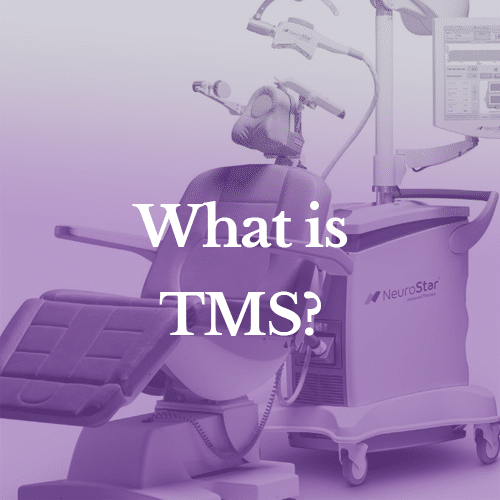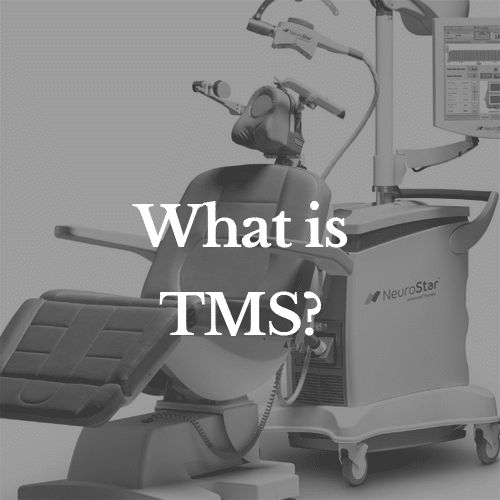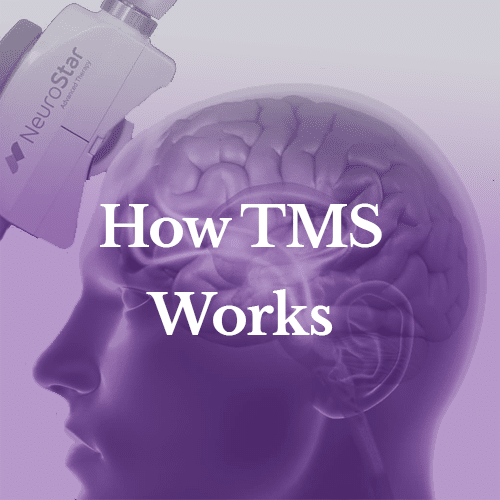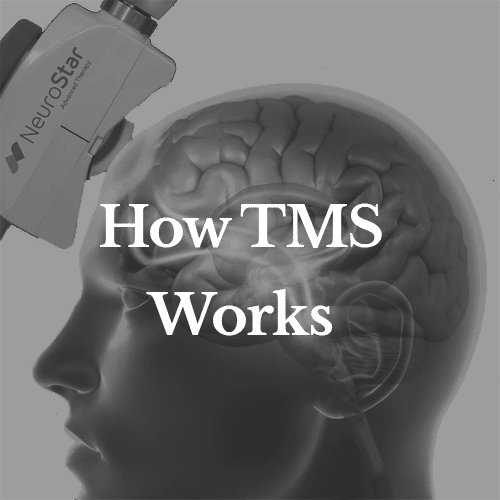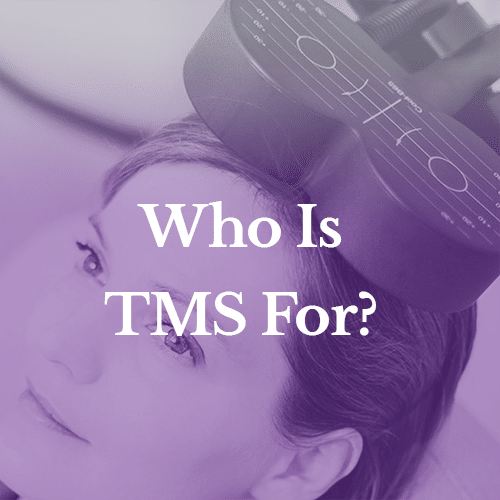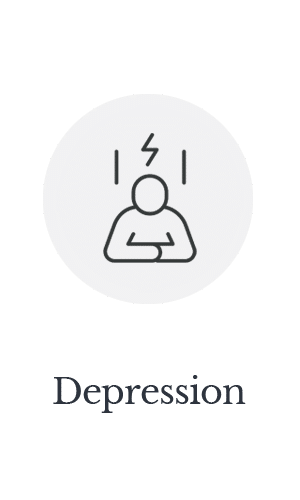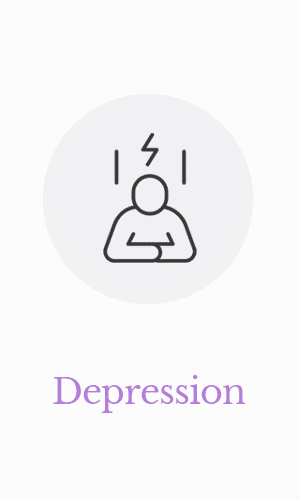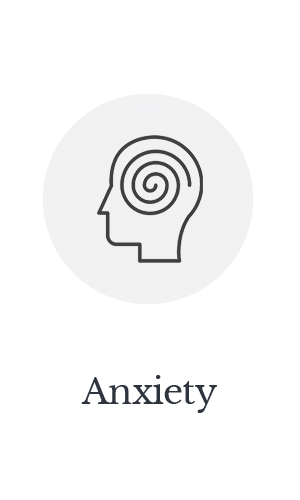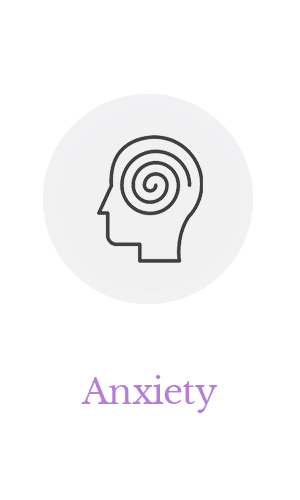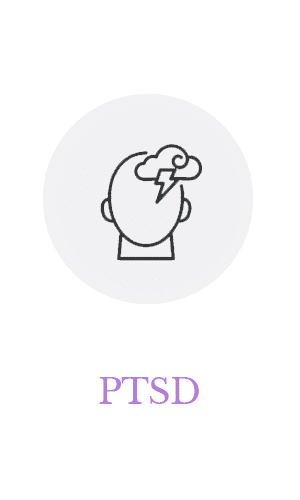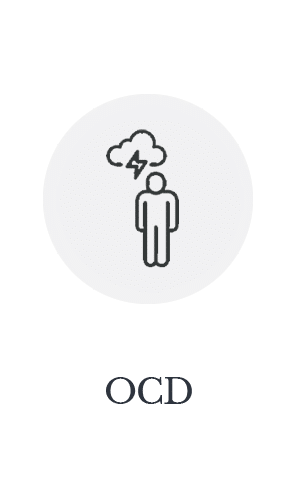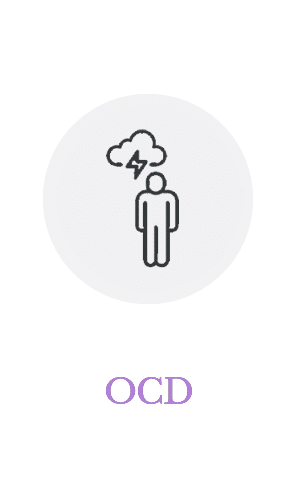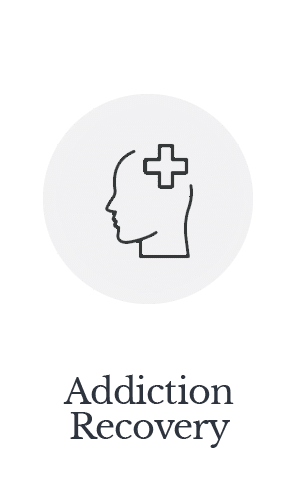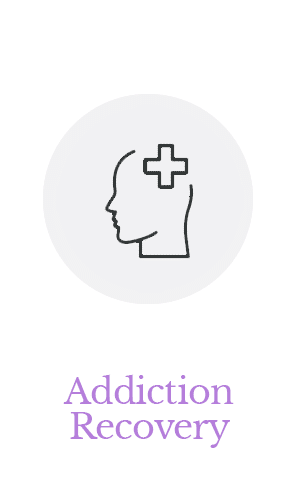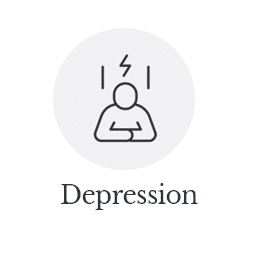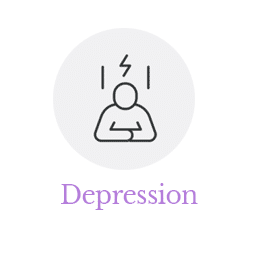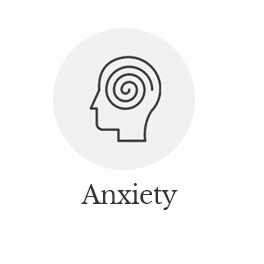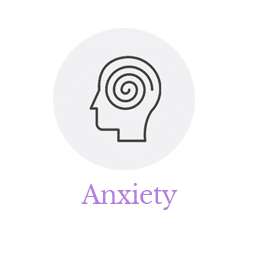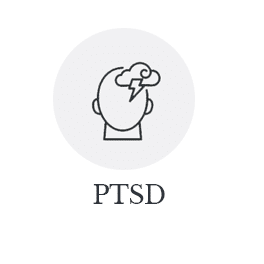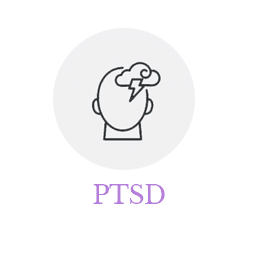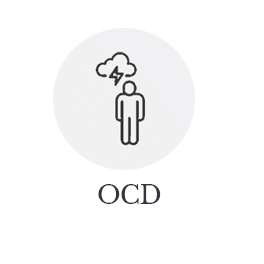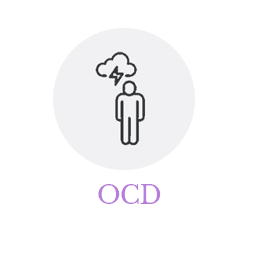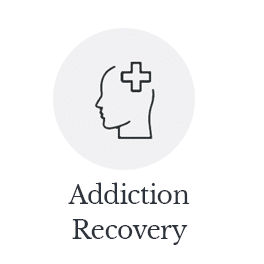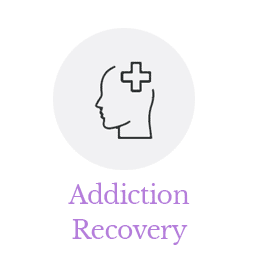Having to deal with depression is one of the most challenging mental illness endeavors anyone can have to undertake. Depression is like a hole that keeps digging itself. Depression puts you in a place where you lose energy, motivation, and hope, the three feelings you need to take you out of it in the first place.
Nonetheless, we say dealing with severe depression is difficult, not impossible. We seek to stand by you through education on the healthiest ways to deal with mental illness and how to get out of negative thoughts and depressive symptoms. Stay with us.
Depression vs. Depressive Episode
Depression is characterized by poor behavioral health and a lack of interest in beneficial daily activities. As symptoms like these are regarded as too generic, depression is then seen to be present when these feelings remain present for two weeks. Can you be depressed and not know it? Yes, you can.
Depression is a state, while a depressive episode is more defined by the length of time this state persists. The characteristics of your depression symptoms then determine the type of depression you are treated for. For instance, persistent, chronic, or clinical depression is when a depressive episode lasts more than two years.
The types and aggressiveness of treatment for managing depression are then tailored to the features defining a depressive episode.
What Motivates People With Depression?
Depression comes with a lack of motivation to engage in activities that are usually pleasurable or in some cases suicidal thoughts. You or your loved one feels easily overwhelmed, has low mood, and procrastinates all the time due to accompanying feelings of anxiety.
Against these, motivation then comes from statements or actions that take the pressure off individuals dealing with depression. These include:
- Having a listening ear
- Active emotional support
- A source of inspiration
- External appreciation
- Challenges that bring up a sense of purpose.
It is from these that we see measures against depression develop.
How Does Someone Go About Treating Depression Normally?
Coming out of depression is an endeavor that involves taking so many steps, with some of these more stringent or aggressive than others. Regardless, it is the little easy steps you take that contribute the most towards the bigger picture. The typical little steps give you that bit of motivation, energy, and hope to tackle depression more firmly and effectively.
Managing overwhelming feelings of sadness and depression seems possible when taking small steps towards recovery. It is important to understand how to manage your depression so that symptoms of depression do not continue to worsen. Mental health professionals can also be great resources for recommendations on how to manage the mental health condition.
1. Come To Terms With Your State of Mind
The first step to recovery is understanding where your mental health is in the first place. Are you depressed or just suffering from anxiety or mental disorder? We want you to know that these symptoms converge at one point, and realizing where your mind helps you understand the necessary subsequent steps to mental disorders.
Part of this mental readiness stage is accepting that you are not alone in dealing with depression. Approximately 21 million individuals in the US face the same difficulties as you, and accepting it for yourself is not bad. This is one of the essential measures to get motivated when depressed.
2. Engage in Physical Exercise
Physical activity is recommended simply because it is proven to work. Depression takes away the energy and motivation for this, we know. However, remember dealing with it requires very intentional efforts, and exercise is one of the most reliable options to improve your mood.
By exercise, we don’t necessarily mean carrying dumbbells, doing push-ups, or engaging in any other physically strenuous activity. Going for that regular 20-minute walk, running, or swimming outside your home is sufficient for you. Dancing to your favorite music also counts as an adequate exercise against depression.
3. Keep Socializing
Cutting yourself off from others means fueling the feeling of loneliness and further diminishing hope that things could improve. You hold back everything bothering you and are only led by what your depressive mental state tells you.
Socializing with the right friends and close family puts you in a place of control over your feelings. Suggestions from a depressive mind go through checks and balances as a close social circle helps to think better. Emotional support is readily available to you, and engaging in beneficial physical exercise is easier when you have someone to do them with.
You have the feeling that you aren’t alone in your recovery, and bolster your hope toward a better mental state. Being around peers can be beneficial for managing mental health conditions. Support groups for depression can help people feel as if they are not alone and improve symptoms of depression.
4. Create and Stick To a Routine
Engaging in actions that contribute towards goals in your recovery process is only staved off by the absence of motivation. When you have a daily ritual for these activities and strictly stick to this ritual, your body adjusts so that motivation becomes less critical.
Moreover, having a routine helps with your sleeping patterns and takes care of symptomatic eating disorders, contributing to a healthier physical and mental state.
5. Avoid Hard Substances
If you haven’t started, do not involve yourself with hard drugs to cope with depression. And do as much as possible to limit your consumption of alcohol. Having a clear mind is important for you to embark on every other step towards recovering from your depressive state. It is the only way you know you have activities to engage in and a routine to follow.
6. Seek Professional Help
Dealing with major depressive disorder by adhering to all these alone could prove challenging for some individuals. Sometimes, that close social circle needed for emotional support and guidance could be absent. One of the most influential and actionable steps against depression is dealing with it through professional help in the form of medication and psychotherapy. It is here you find stringent measures to take.
Antidepressants and psychotherapy are the more common professional treatments for depression. As effective as they could be, sadly, these first-line treatments don’t work for everyone. An additional and more potent option is electroconvulsive therapy (ECT), but side effects affecting memory and cognition wade patients off.
One treatment option that proffers more potency than first-line treatments and is free from the aggressiveness and downsides of ECT is transcranial magnetic stimulation (TMS).
TMS is a newly-developed treatment for depression that involves noninvasive magnetic stimulation of specific brain areas. Up to 60% of patients that didn’t find first-line treatment adequate see clinical improvements through TMS.
It is so comfortable to deal with that patients don’t even need anesthesia during the 20 to 50-minute treatment sessions. What’s more, the positive effects of TMS treatment on depression stay up to a year after the last session.
Treat Your Depression with Inland Empire TMS
Reaping all the benefits of TMS treatment options requires working with the right professionals. Thankfully, trustworthy options are just a click away.
Inland Empire TMS serves as one of the most reliable depression treatment centers California has to offer. We are specifically dedicated to providing the best TMS treatments and administering this through experienced and empathetic professionals. This assures that you effectively treat your depressive episodes and have that crucial emotionally supportive circle with you throughout your journey.
Don’t hesitate to get help now.

